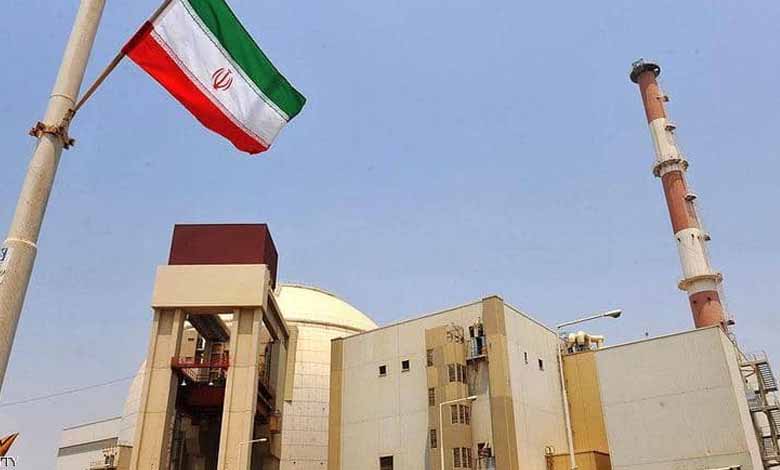Iran launches “provocative step” before the nuclear talks

Iran’s atomic energy agency said Friday that its 20% uranium stockpile had reached more than 210 kilograms (463 pounds), the latest provocative step ahead of upcoming nuclear talks with the West.
-
Why did Iran abandon its preconditions and return to nuclear negotiations?
-
Fuel protests, Iran fears second anniversary of bloody protests
In a report carried by the semi-official Tasnim and Fars news agencies, spokesman Behrouz Kamalvandi said that the IAEA had produced more than 120 kilograms of enriched uranium, which was set by the parliament at 20%.
“Under the historic 2015 nuclear deal between Iran and world powers, Iran was not supposed to enrich uranium to more than 3.67%“.
Uranium enriched to more than 90% can be used in nuclear weapons.
“After months of delay, the European Union, Iran and the United States announced on Wednesday that indirect talks to revive the agreement would resume on 29 November in Vienna“.
“The nuclear deal, known as the Joint Comprehensive Plan of Action (JCPOA), promises Iran economic incentives in exchange for restrictions on its nuclear program, and aims to prevent Tehran from developing a nuclear bomb“. Tehran insists that its program is peaceful.
Kamalvandi also said that his agency has so far produced 25 kilograms of 60% enriched uranium, a level that only nuclear-weapon states have the material capacity to produce.
Iran denied that it had sought nuclear weapons, saying that it had undertaken uranium enrichment only for civilian purposes and that its violations could be eliminated if the United States lifted sanctions and resumed its adherence to the Agreement.
In April, the UN’s International Atomic Energy Agency said that Tehran had begun enriching uranium to a purity of 60% at an above-ground nuclear facility in Natanz, confirming earlier statements by Iranian officials.
Iran reported in June that it had produced 6.5 kilograms of 60 percent enriched uranium.
“The nuclear deal limits the degree of purity at which Tehran can enrich uranium to no more than 3.67%, a level appropriate for most civilian nuclear energy uses“.
“This is well below the 20% Iran reached before the 2015 deal and well below the 90% threshold for a nuclear weapon“.
President Joe Biden’s administration says it wants to return to the agreement, but does not agree with Tehran on what steps to take and when.
“The key outstanding issues now revolve around nuclear restrictions, which Tehran will accept and sanctions that Washington will lift“.
-
Iranian supertanker departing from Venezuela to transport heavy oil
-
Iran Cannot Set New Conditions for Resuming Nuclear Talks, Says Germany
“Western officials and analysts believe that Tehran’s increase in uranium enrichment as it pushes back the talks, which were postponed in June when the country’s new anti-Western president was elected, is aimed at strengthening its positions to extract more concessions when negotiations resume“.
The Biden administration said on October 31 that it was unclear whether Iran was prepared to join the talks “in a meaningful way“.












